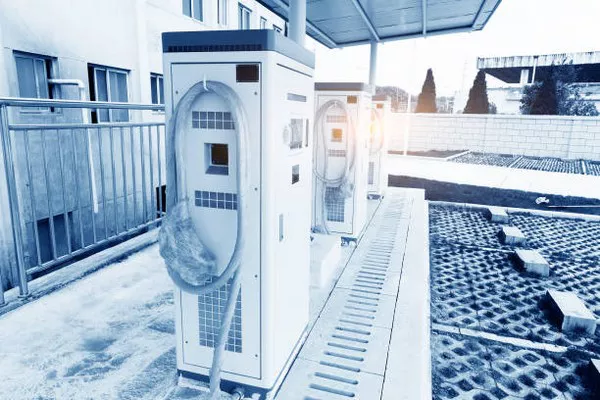Generators are indispensable tools that provide emergency power during outages or serve as a primary power source in remote locations. When it comes to selecting a generator, one crucial aspect to consider is fuel consumption. For a 10,000-watt generator, understanding how much gas it consumes is essential for efficient operation and budget planning.
Power and Efficiency:
Before delving into fuel consumption, it’s crucial to comprehend the power output of a 10,000-watt generator. This rating signifies the generator’s capability to deliver 10,000 watts of electricity consistently. The power output is directly linked to the generator’s engine size and design.
In terms of efficiency, generators often have a specified runtime at a certain load. This load is commonly expressed as a percentage of the generator’s maximum capacity. For example, a generator might indicate a runtime of 8 hours at 50% load. This information is crucial for estimating fuel consumption, as running a generator below its maximum capacity generally results in better fuel efficiency.
Fuel Types and Variations:
Generators typically run on various fuels, including gasoline, diesel, propane, and natural gas. Gasoline is the most common fuel for portable generators, owing to its widespread availability and ease of use. However, each fuel type comes with its own set of characteristics and considerations regarding consumption.
Gasoline-powered generators, which are prevalent in the 10,000-watt range, tend to have a higher fuel consumption compared to diesel counterparts. Diesel generators, while generally more fuel-efficient, are often bulkier and heavier, making them less suitable for portable applications. Propane and natural gas generators are commonly employed as standby or permanent power sources and are known for their cleaner burning characteristics.
Factors Influencing Fuel Consumption:
Several factors impact the fuel consumption of a 10,000-watt generator. Understanding these variables is crucial for accurately estimating how much gas the generator will use in different scenarios.
Load Percentage:
The load percentage is a critical factor affecting fuel consumption. Running a generator at full capacity will result in higher fuel consumption compared to running it at a partial load. Most generators are more fuel-efficient when operating between 50% to 75% of their maximum capacity.
Engine Efficiency:
The design and efficiency of the generator’s engine play a vital role in fuel consumption. Modern generators often come with advanced engine technologies that enhance efficiency and reduce fuel consumption.
Maintenance:
Regular maintenance, including cleaning air filters, changing oil, and inspecting spark plugs, is essential for optimal generator performance. A well-maintained generator tends to operate more efficiently, leading to better fuel economy.
Environmental Conditions:
Operating a generator in extreme temperatures or high altitudes can affect fuel consumption. In colder climates, engines might need more time to warm up, while generators at higher altitudes might experience reduced efficiency due to lower oxygen levels.
Calculating Fuel Consumption:
To estimate the fuel consumption of a 10,000-watt generator, you can use the following formula:
Fuel Consumption (in gallons per hour)=Generator Load (in watts)/ Generator Efficiency (in watts per gallon)
It’s important to note that the generator’s efficiency is typically provided by the manufacturer and can vary based on load conditions.
Real-World Scenarios:
In real-world scenarios, a 10,000-watt generator running at 50% load might consume around 0.5 to 0.75 gallons of gasoline per hour. This estimate can vary based on the factors mentioned earlier. For instance, running the generator in cold weather or at higher altitudes might result in slightly higher fuel consumption.
See Also How Electric Generator Works
Conclusion:
Understanding how much gas a 10,000-watt generator consumes is crucial for effective planning and operation. Factors such as load percentage, engine efficiency, maintenance, and environmental conditions all contribute to the overall fuel consumption. By considering these factors and estimating fuel needs accurately, users can ensure that their generators provide reliable power without unnecessary fuel expenses. Regular maintenance and adherence to manufacturer guidelines are key to optimizing fuel efficiency and extending the generator’s lifespan. As technology advances, we can expect even more fuel-efficient generators to emerge, offering cleaner and more cost-effective solutions for powering our homes, businesses, and outdoor activities.

